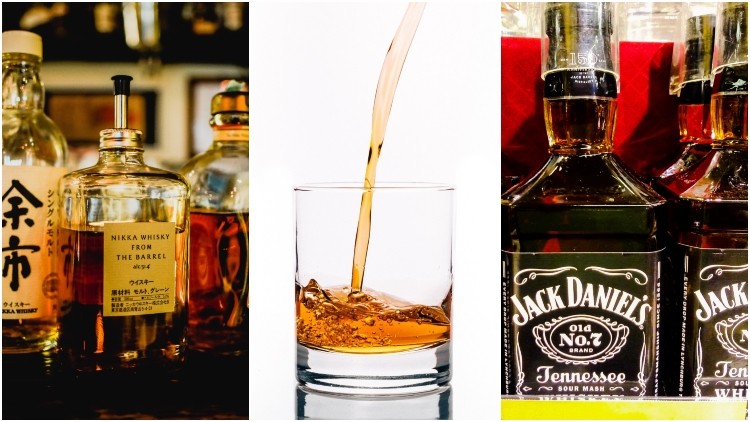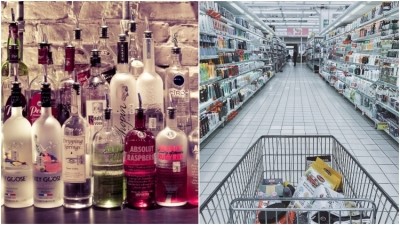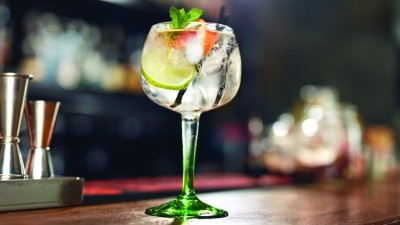Tax Equality
Premium whisky up to four times cheaper in supermarkets than pubs

Latest figures have revealed that 29 pubs per week close as a result of cost pressures. With business rates relief set to end in March 2019, it is feared that failure by Chancellor Philip Hammond to act in the 29 October Budget could threaten thousands of pubs and tens of thousands of jobs.
With wine and spirit sales up 5% year on year and research by CGA on behalf of Wine & Spirits Trade Association (WSTA) revealing that four new spirit brands have been added to the back bar since 2013 – meaning that there is now on average 36 spirit brands behind the bar of a typical pub – many operators have called for a duty freeze.
How will the Budget impact pubs?
Price comparison
The Morning Advertiser has compared the average cost of a 25ml measure of standard, premium and super-premium whisky in the on-trade – provided by CGA Insight – to the average cost of similar products in supermarkets, calculating the average standard, premium or super-premium price per measure by comparing the cost of three brands per category in four different major supermarkets.
Findings show that while the average price of a 25ml measure of standard whisky, such as Bell’s, in the on-trade was £2.70, a measure of the same volume would cost 54p from supermarket-bought bottles.
Based on the price of a 700ml bottle of standard, home-brand whisky, many supermarkets offer 100ml of standard whisky at around £1.75 per measure – or just shy of 50p per 25ml measure.
Moreover, while a 25ml measure of premium whisky such as Monkey Shoulder in the on-trade would cost on average £3.69 per measure, the same volume and standard in the off-trade would cost 92p on average.
While the average super-premium whisky in the on-trade would cost £5.21 per 25ml measure, similar products were being sold in supermarkets at £1.40 per measure.
Cocktail of costs
A spokesperson for UKHospitality explained that this discrepancy was the result of a “cocktail of costs” including higher property and service costs paid by pubs compared to supermarkets.
“Alcohol duty is paid by the manufacturer and is the same regardless of whether the product is intended to be sold in the on or off-trade. The issue is that off-trade outlets, in particular huge supermarkets, are able to absorb or pass on those costs more easily.
“Additionally, pubs are battling against other costs such as unfair business rates, VAT and wages in a labour-intensive sector that raises costs even more.
“It is this cocktail of costs that put pubs, and other on-trade businesses, at a disadvantage compared to supermarkets and why large off-trade venues are able to sell alcohol at such dramatically low prices.”
Back Scotch success
With £3 in every £4 spent on Scotch whisky in the UK market collected in tax, the Scotch Whisky Association (SWA) has called on the chancellor to freeze duty on spirits.
According to the SWA: “Freezing duty on Scotch whisky will prove the UK Government's commitment to supporting the Scotch whisky industry. Importantly, it will also boost Government revenue, enable the industry to continue to invest in the UK economy and help consumers to make responsible choices about alcohol consumption.
“HM Treasury's own figures show that the freeze to spirits duty in November 2017 has increased revenue available to the Government, which can help fund vital public services. Between February 2018, the new implementation date for policy changes, and August 2018, spirits revenue grew by £163m to £1,937m – an increase of 9.1% year on year.
“In addition, a new economic analysis conducted by the Centre for Economic and Business Research, shows that by continuing to freeze spirits duty, the Chancellor can grow revenue by an additional £64m in 2019-20 and by almost £200m by 2021.
“Both the real-world data and the economic modelling suggests that a more competitive rate of duty for spirits will boost revenue and grow the UK economy.
“In a more stable excise environment, the Scotch whisky industry has been able to do its part to boost the UK economy, investing over £500m in capital projects, creating jobs in manufacturing, tourism and the supply chain.
“In the Autumn Budget, we will look to the Chancellor to support Scotch and signal to the world that we are proud of Scotland's national drink and eager to back the industry's success.”







